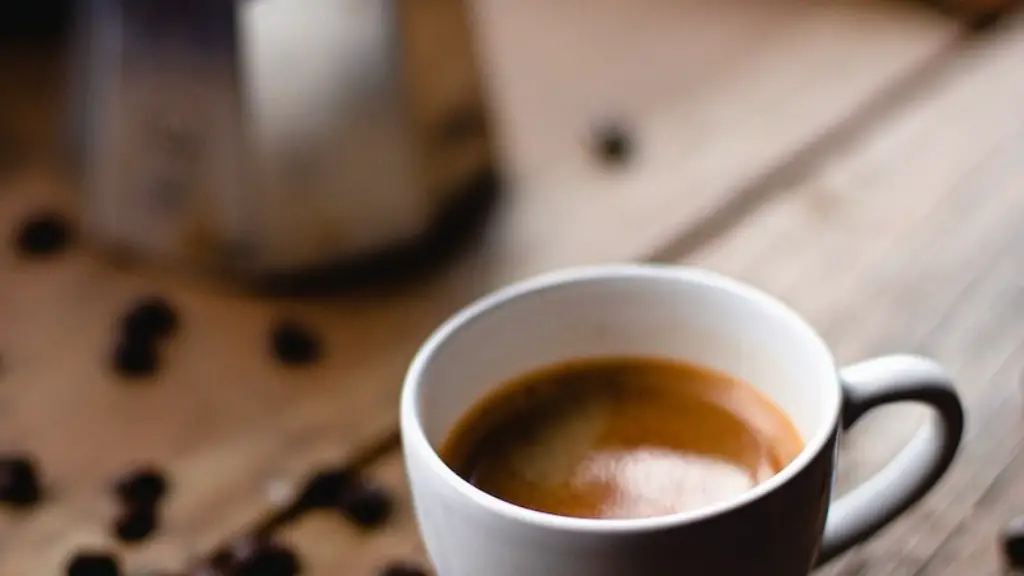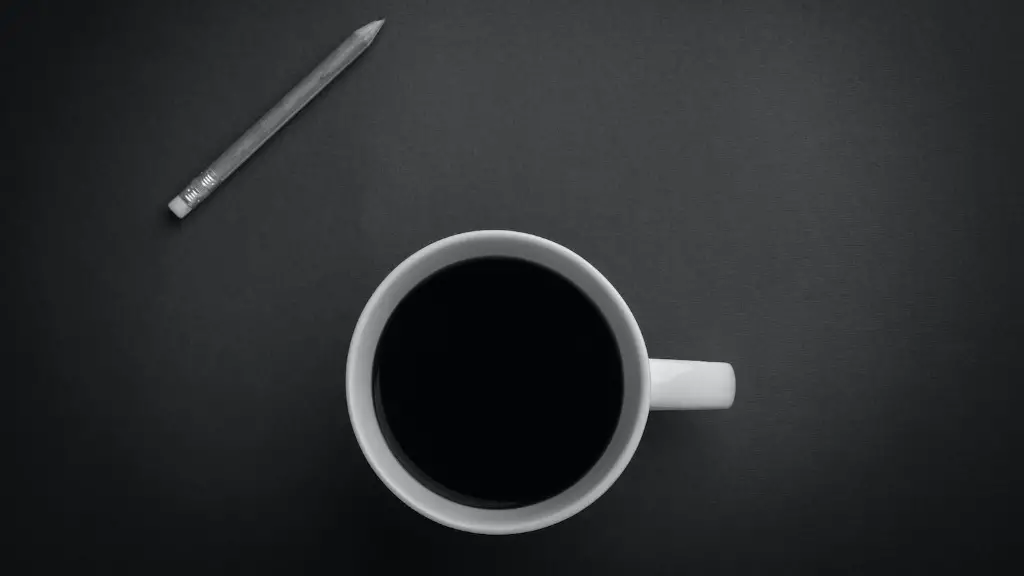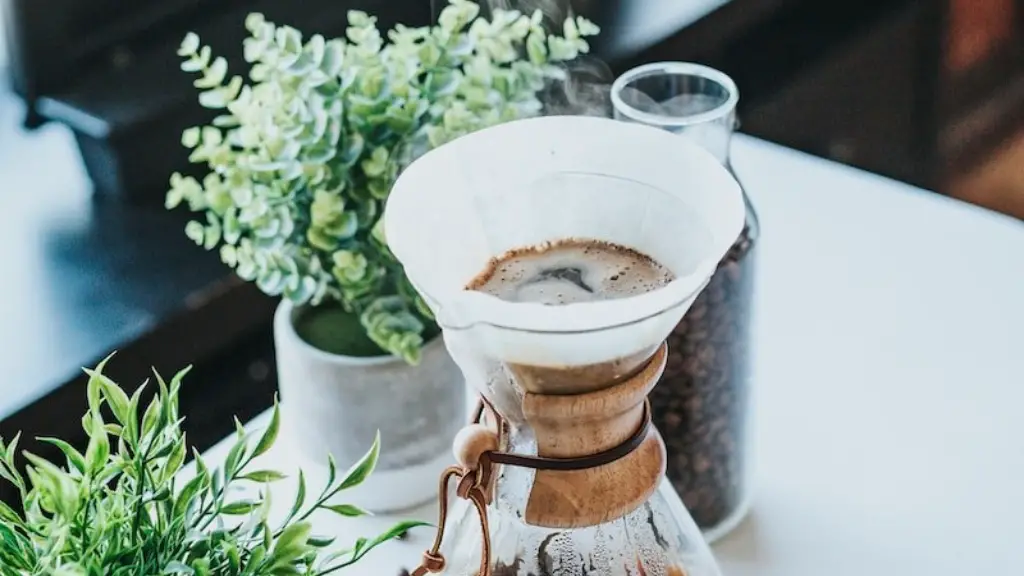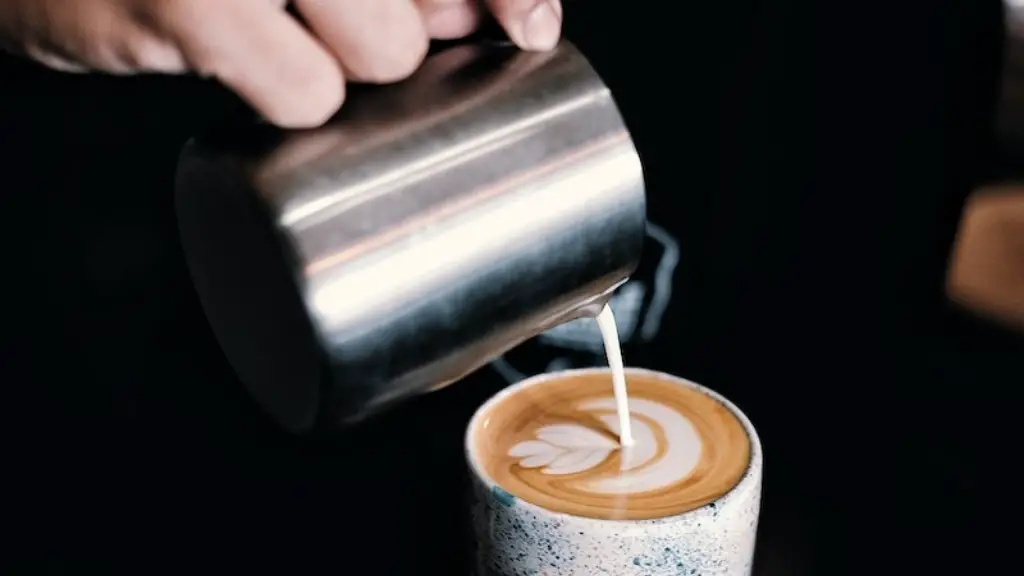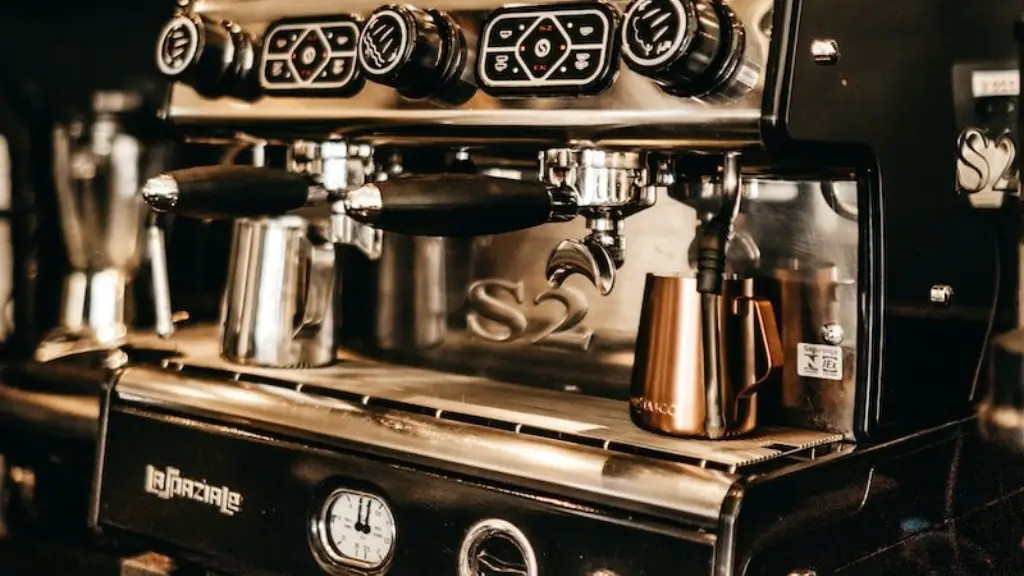A History of Glucose Tests
A glucose test is a type of medical test that is used to diagnose whether a person has diabetes or not. It’s been used since the 1920s and has become an important part of modern medical practice. Over the years, the technology behind these tests has improved, enabling doctors to accurately diagnose the disease quickly and efficiently.
The glucose test works by measuring the amount of glucose, or sugar, in a patient’s blood. The amount of sugar in the blood helps doctors determine whether or not the patient is suffering from diabetes or pre-diabetes. If the amount of sugar is too high, then it’s likely that the patient has diabetes. Conversely, if the sugar levels are low, then the patient may not have diabetes.
In addition to diagnosing diabetes, glucose tests can also be used to help a doctor monitor a patient’s blood sugar levels during treatment. By keeping track of blood sugar levels, doctors can adjust treatments accordingly. Additionally, the glucose test can help doctors determine whether a person is able to effectively metabolize carbohydrates, which is helpful for those with food intolerance.
Glucose tests can be administered in several different ways. Most commonly, patients are asked to fast for at least 8 hours before the test, as this can make the results more accurate. Alternatively, the patient may be asked to take a glucose solution to make sure that the sample is taken correctly. In some cases, doctors may also use a continuous glucose monitor (CGM). This device continuously monitors the patient’s glucose levels and provides a more accurate picture of the patient’s condition.
Can I Drink Coffee Before a Glucose Test?
There has been some debate over whether or not it is beneficial to drink coffee before a glucose test. While many people believe that consuming caffeine before a glucose test can affect the results, there has been limited research on this topic.
In general, it is recommended that patients not consume any caffeine-containing beverages in the two hours prior to a glucose test. Caffeine can cause a temporary spike in blood sugar levels, making the results of the test inaccurate and potentially leading to misdiagnosis.
Additionally, caffeine can interfere with the body’s ability to absorb glucose. Consequently, drinking coffee prior to a glucose test can potentially lead to a false result. Drinking coffee before a glucose test may also interfere with the accuracy of other tests, such as an A1C test, which is a long-term test of blood sugar levels.
Ultimately, it is recommended that patients do not consume any caffeine before a glucose test. In order to ensure accurate results, it is best to abstain from any caffeine-containing beverages two hours prior to the test. This will help ensure that the results are as accurate as possible.
Alternatives to Coffee Before a Glucose Test
Fortunately, there are alternatives to drinking coffee before a glucose test. While it is not recommended to consume any caffeine-containing beverages in the couple hours before the test, there are many other beverages that can provide a much needed energy boost before the test. For example, herbal teas, vegetable juices, and decaffeinated coffee can all provide a vital energy boost without the adverse effect of caffeine.
Drinking one of these beverages can also prevent patients from feeling weak and sluggish during the test. Additionally, it can help prevent dehydration. Dehydration can significantly affect the results of a glucose test, as it can cause the blood sugar levels to change. Consequently, it is important to remain hydrated before and during a glucose test.
In short, if a patient needs an energy boost before the test, it is best to opt for a non-caffeinated beverage. This will prevent any adverse effects on the test results and ensure that the results are as accurate as possible.
Should I Take Other Precautions Before a Glucose Test
In addition to abstaining from caffeine-containing beverages, it is also important for patients to take other precautions before a glucose test. It is important for patients to avoid consuming any food within the two hours prior to the test, as this can affect the results. Additionally, it is important to avoid drinking any alcoholic beverages in the 24 hours before the test.
Patients can also take other steps to ensure the accuracy of the test results. For example, it is important for patients to adhere to any other instructions provided to them by the doctor. Additionally, if patients take any prescription medications, they should consult with their doctor to make sure they can continue taking them during the test.
In short, it is important for patients to make sure they are following the doctor’s instructions when it comes to preparing for a glucose test. If patients take the necessary precautions and follow the doctor’s directions, they can be sure that the test results will be as accurate as possible.
Medications that Can Affect Glucose Tests
Unfortunately, there are some medications that have an adverse effect on glucose tests. These medications can cause the test results to be inaccurate, which can lead to misdiagnosis. As such, it is important for patients to discuss any medications with their doctor before undergoing a glucose test.
Some of the medications that can interfere with glucose tests include steroids, birth control pills, and some antidepressants. Additionally, some diabetes medications, such as insulin and oral medications, can also affect the accuracy of the test results. Therefore, it is important to make sure that the doctor is aware of any medications that a patient is taking prior to the test.
In conclusion, it is important for patients to discuss any medications with their doctor before undergoing a glucose test. This will help ensure that the test results are accurate and that the patient will receive an accurate diagnosis.
Summary
A glucose test is a type of medical test that is used to diagnose whether a person has diabetes or not. It’s been used since the 1920s and has become an important part of modern medical practice. The glucose test works by measuring the amount of glucose, or sugar, in a patient’s blood. In addition to diagnosing diabetes, glucose tests can also be used to help a doctor monitor a patient’s blood sugar levels during treatment.
It is recommended that patients do not consume any caffeine-containing beverages two hours prior to the test, as this can affect the results. Fortunately, there are alternatives to drinking coffee, such as herbal teas, vegetable juices, and decaffeinated coffee, that can provide an energy boost without the adverse effect of caffeine. Additionally, it is important for patients to take other precautions before a glucose test, such as avoiding food and alcohol. Finally, it is important for patients to discuss any medications with their doctor before undergoing a glucose test, as some medications can interfere with the accuracy of the test.
